President Putin: Wagner mutiny 'stab in the back' of Russia
Russia has declared an "anti-terrorist operation regime" in Moscow and the Moscow region after mutiny by the chief of the Wagner mercenary group which President Vladimir Putin called a "stab in the back" of the country.
In an emergency televised address to the nation on Saturday, Putin said the "armed mutiny" was treason, pledging that anyone who had taken up arms against the Russian military would be punished.
"This is a stab in a back to our country, to our nation," Putin said. "What we have been faced with is exactly betrayal. Extravagant ambitions and personal interests led to treason."
His remarks came after Wagner chief Yevgeny Prigozhin said he was inside the army headquarters in the southern city of Rostov-on-Don and controlled military sites there.
Putin said, "All those who consciously stood on the path of betrayal, who prepared an armed rebellion, stood on the path of blackmail and terrorist methods, will suffer inevitable punishment, before the law and before our people."
In a statement, Russia’s national anti-terrorist committee said an anti-terror operation regime has been introduced “with the aim of preventing possible terrorist acts on the territory of the city of Moscow and the Moscow region”.
Russia also declared an anti-terrorist operation in the southern Voronezh region, where some reports said Wagner mercenaries were headed.
Moscow Mayor Sergei Sobyanin said the measure was "aimed at strengthening security."
He said there was "additional control" on roads and that the capital's mass events may be limited.
Moscow's transport department said there could be delays in bus routes from the capital to "southern directions."
Prigozhin launched the most audacious challenge to President Putin since the start of the offensive in Ukraine last year after accusing the Russian top brass of launching strikes against his men.
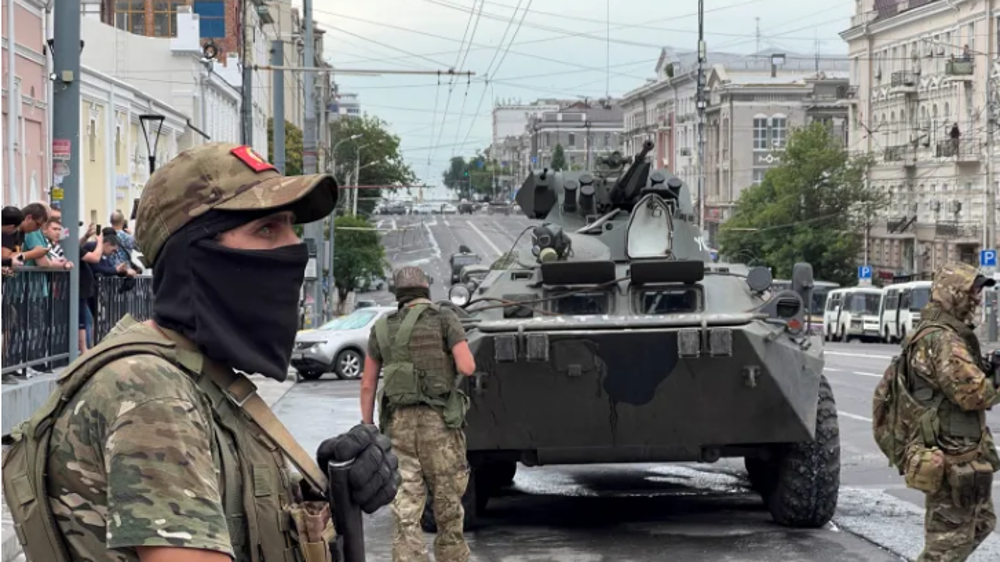
Putin described the campaign by the Wagner military group to unseat the country's top brass as a "deadly threat" to Russia and urged the country to unite.
"Any internal turmoil is a deadly threat to our statehood and to us as a nation. This is a blow to Russia and to our people," he said, adding: "This battle, when the fate of our people is being decided, requires the unification of all forces and unity."
The FSB security service accused Prigozhin of attempting to launch a "civil conflict" and urged Wagner fighters to detain him.
Russia's defense ministry appealed to Wagner fighters to "show reason" and abandon Prigozhin, saying it would "guarantee the safety" of those who did so.
Prigozhin had pledged to oust Defense Minister Sergei Shoigu and Valery Gerasimov, chief of the General Staff, over what he had called their disastrous leadership of the war against Ukraine.
He had said he had 25,000 fighters who would "restore justice" and had alleged, without providing evidence, that the military had killed a huge number of his fighters in an airstrike, something the defense ministry denied.
Prigozhin said later Saturday that Putin was "deeply mistaken" in calling rebelling Wagner fighters "traitors" and ruled out surrender.
"On treason of the motherland: the president is deeply wrong. We are patriots of our motherland," he said in an audio message on Telegram. "Nobody plans to turn themselves in at the request of the president, the FSB (security service) or anyone else."
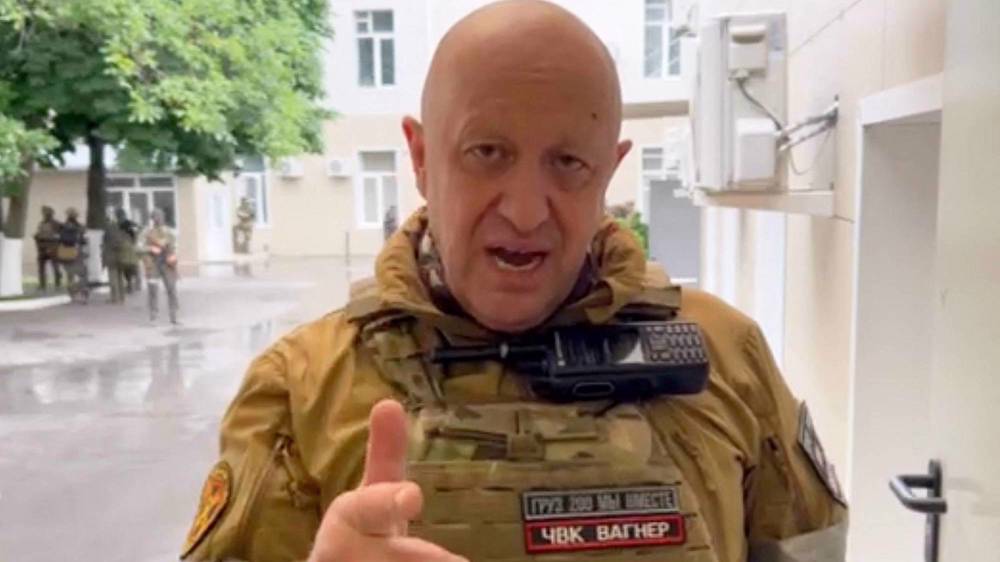
The leader of Russia's Orthodox Patriarch Kirill called for "unity" and voiced support for President Putin.
"Today, when our brothers are fighting and dying on the frontlines... any attempt to sow discord within the country is the greatest possible crime that has no justification," Patriarch Kirill said in a statement.
"I support the efforts of the head of the Russian state, aimed at not allowing turmoil in our country."
Meanwhile, Chechen leader Ramzan Kadyrov said his forces were ready to help put down the mutiny and to use harsh methods if necessary.
Kadyrov in a statement posted on Telegram called Prigozhin's behavior "a knife in the back" and called on Russian soldiers not to give in to any "provocations."
He said that Chechen units were moving towards the "zones of tension" and would act to "preserve Russia's units and defend its statehood".
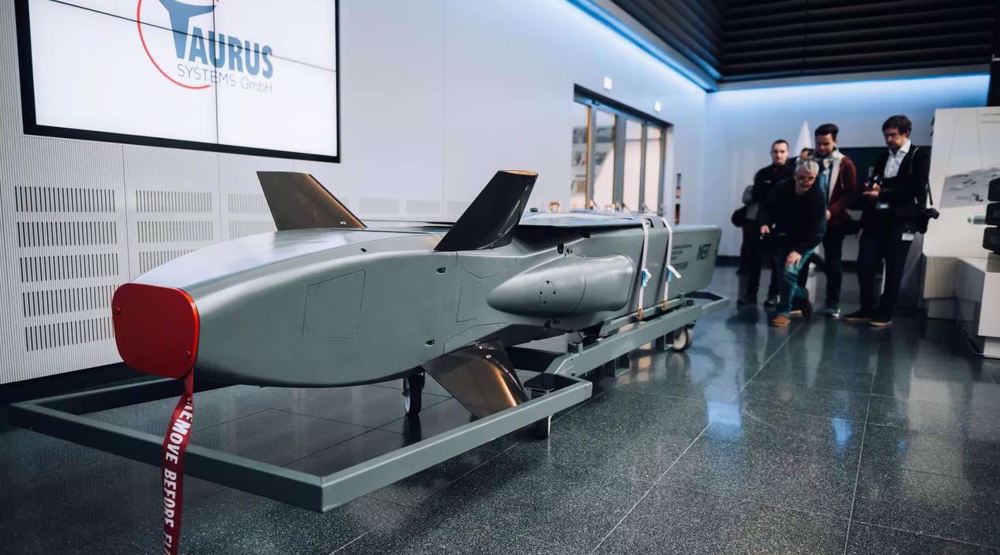
Kremlin warns Germany sending Taurus missiles to Ukraine risks 'escalation'
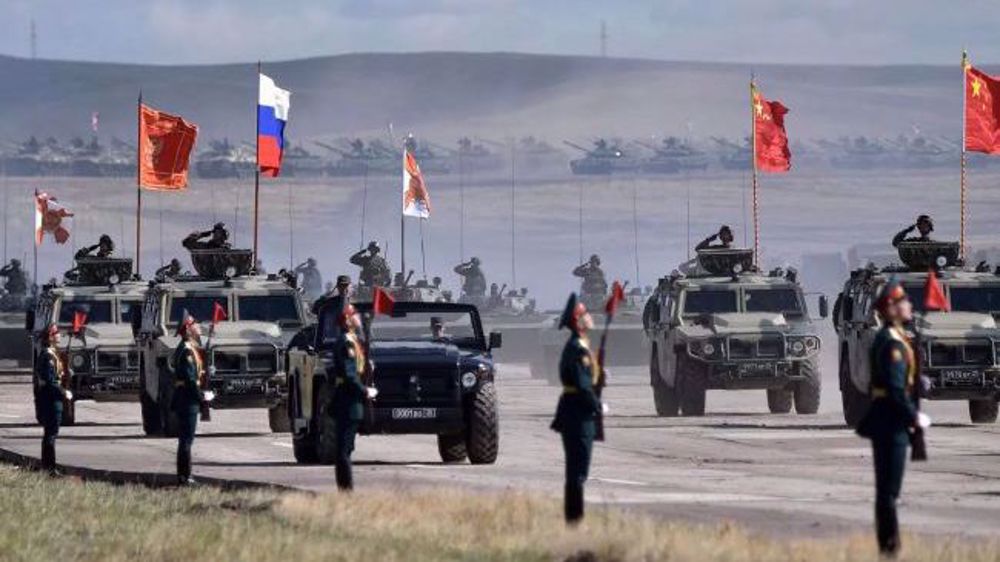
China warns Ukraine over 'irresponsible' claim of Chinese soldiers in war
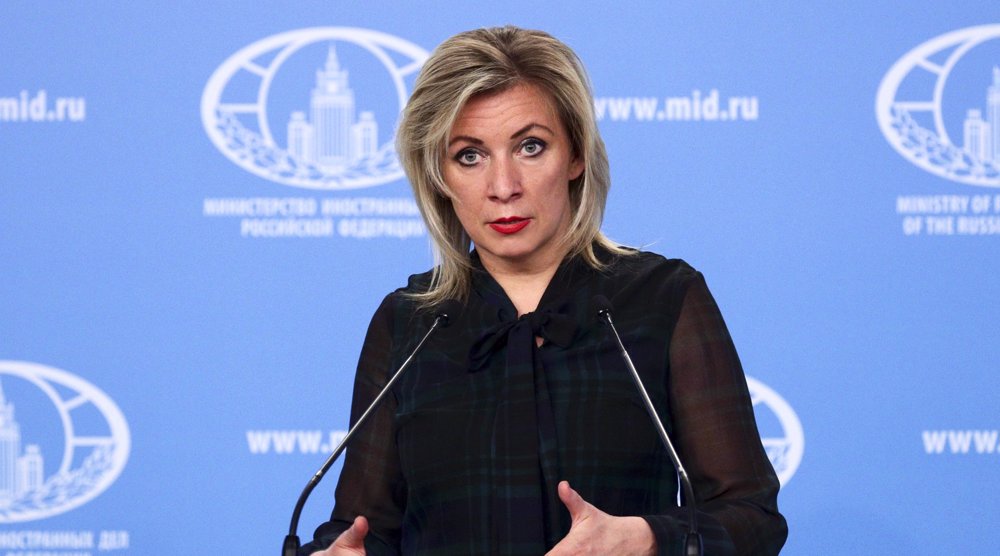
World growing tired of endless threats against Iran: Russia
US approves potential sale of Stinger missiles to Morocco
Iran summons Argentine envoy over accusations against top officials
VIDEO | Rally against another Columbia student arrest held in New York
VIDEO | Press TV's news headlines
VIDEO | Tehran-Washington negotiations
VIDEO | Iran leads global push to define terrorism after 25 years of debate
US prepares to arm Israel with 1000s more bombs ahead of ‘vigorous expansion’ of Gaza war
Hamas: Surrender not an option; Netanyahu’s murders aimed at securing political future


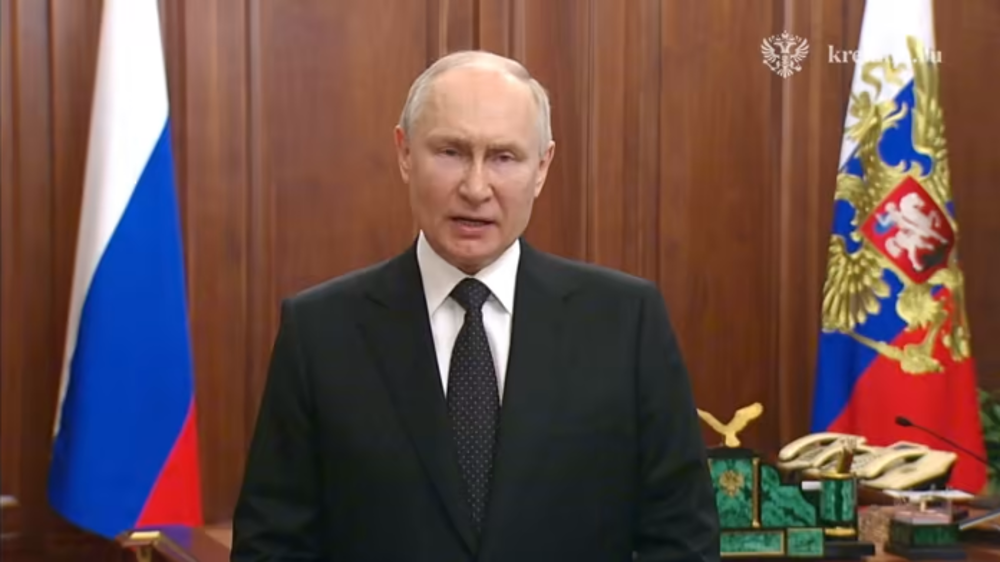




 This makes it easy to access the Press TV website
This makes it easy to access the Press TV website